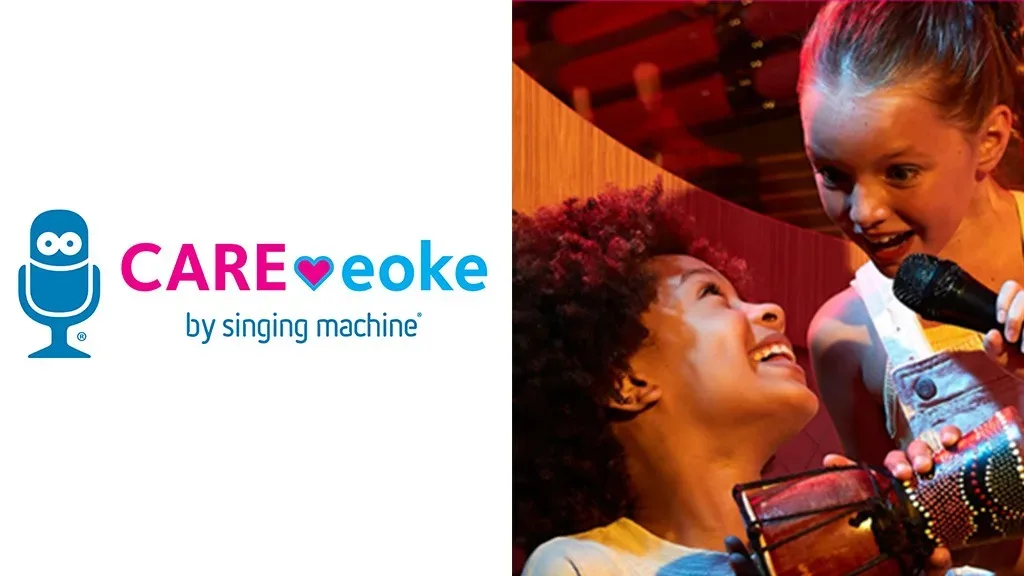Singing Machine is aiming to strategically focus on the social impact of singing for both children and adults. The company intends to form a series of collaborative partnerships to help amplify the diverse emotional and physical health and wellness benefits of karaoke through its new CARE-eoke by Singing Machine initiative.
Singing Machine has engaged Genna Rosenberg, CEO & Chief Ideator at GennComm ImaGENNation, as the company’s social impact champion. Rosenberg is leading the new CARE-eoke by Singing Machine social entrepreneurship efforts, which include working to align a series of strategic partnerships, creating experiences, and social impact storytelling to diverse audiences and stakeholders.
“For more than four decades Singing Machine has been bringing joy through music to millions of families around the world,” says Gary Atkinson, CEO of Singing Machine. “But, recent scientific evidence suggests that karaoke is more than just joyful experiences; it also has strong links to health and mental well-being. We plan to align with like-minded partners who can help us reach different populations that would benefit from karaoke. We started during Autism Awareness Month with the announcement of a new licensing initiative with Sesame Workshop, and programming with the Center for Learning Unlimited, two groups creating community, acceptance, and normalizing neurodiversity. We intend to do more in this space, and with other populations.”
Genna Rosenberg, CEO of GennComm, shares the sentiment. “We are on a mission to impact diverse groups of people who we believe will benefit greatly from karaoke in a myriad of ways. It was palpable to see the effect of karaoke in action at a Center for Learning Unlimited event in Southern California. There was a joyful and robust creative expression from trainees on the spectrum, some of whom are even largely non-verbal, who shined brightly as they karaoked their hearts out with their new Singing Machine products.”
Members of the initiative plan to focus on how karaoke can impact the mental health crisis in the workplace, sick children, aging seniors, and Alzheimers patients, as well as address mental health and isolation felt by communities nationwide coming out of the pandemic.

